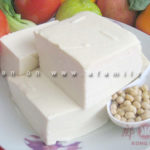Float an Egg in Water or Shake It
This is a popular method for testing the freshness of an egg.
Eggs naturally have a small air pocket inside them, and as they age, more air enters, causing the pocket to expand. Hence, when placed in water, older eggs will float, and a rotten egg will even rise to the surface.
Similarly, when you shake an egg, you will easily hear the sound of the egg yolk moving inside, indicating its age. However, this method cannot prove if the egg is spoiled or not.
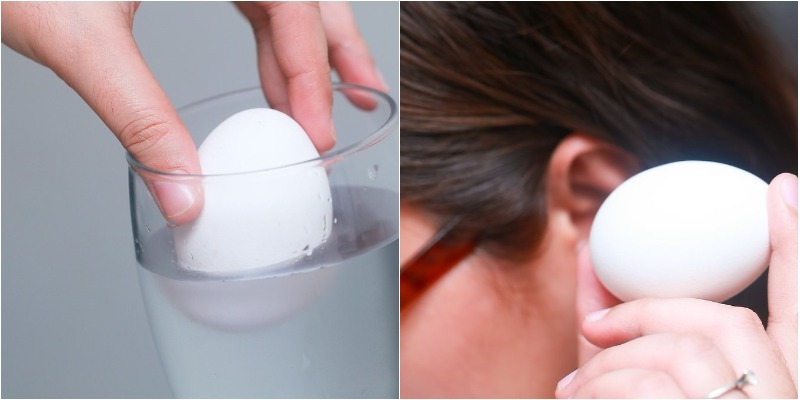
Crack and Sniff
Spoiled eggs usually have a strong sulfur smell, which is very unpleasant. The best way to test for this is to crack the egg.
If you’re worried about the smell of a spoiled egg lingering in the room, you can simply tap the shell lightly to create a crack, as the sulfur odor will be strong enough to detect even from a small crack.
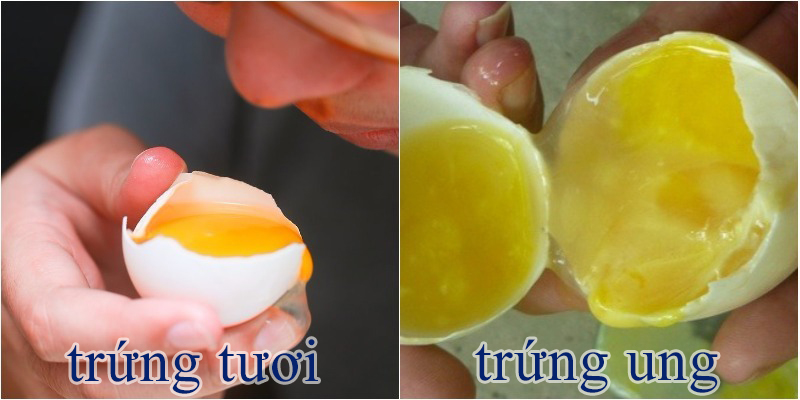
Observe the Egg White
Even if you crack the egg and don’t notice any smell, you still might not be sure if the egg is spoiled. So, crack the egg into a bowl or plate and observe the egg white.
If the egg white turns pink, green, or displays multiple colors, the egg is contaminated. If you see black or green spots, the egg is moldy and spoiled.
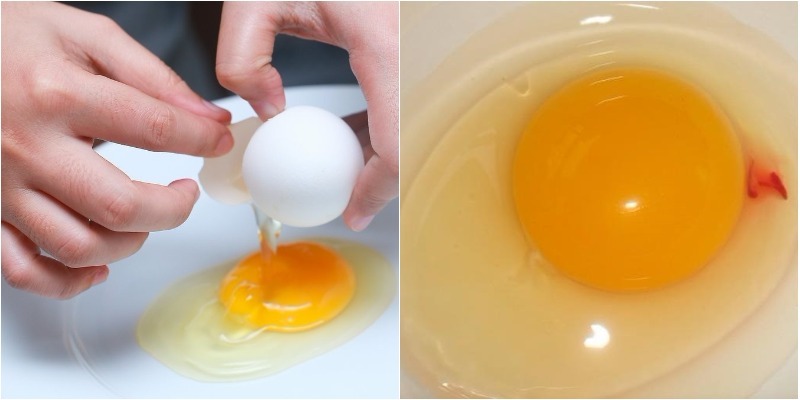
Notes on Egg Usage
When buying packaged eggs from stores or supermarkets, always check the expiration date, and it’s best to use the eggs at least two weeks before this date.
If you’re storing eggs in the fridge, don’t leave them out at room temperature for more than two hours, as prolonged exposure to changing temperatures can affect the egg’s quality.
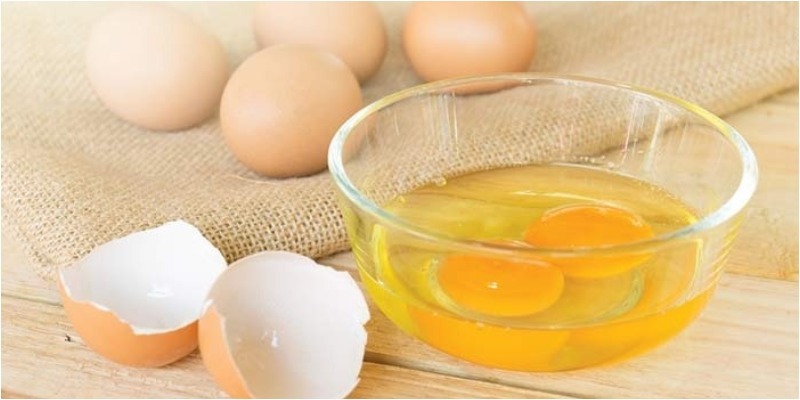
For more information, see:
Reference: wikihow.vn
While eggs can be used even after a few weeks of storage, it’s best to choose fresher eggs when preparing meals for the elderly or children, who have weaker digestive and immune systems.
Recognizing Spoilage and Best Practices for Storing Milk
Dien May XANH is advocating for the careful storage of milk to ensure people consume the nutrition-rich beverage that is safe and healthy. Milk, a source of vitamins and minerals essential to our bodies’ functioning, can become tainted if not properly handled, causing painful, and in some cases, severe gastrointestinal distress.




























